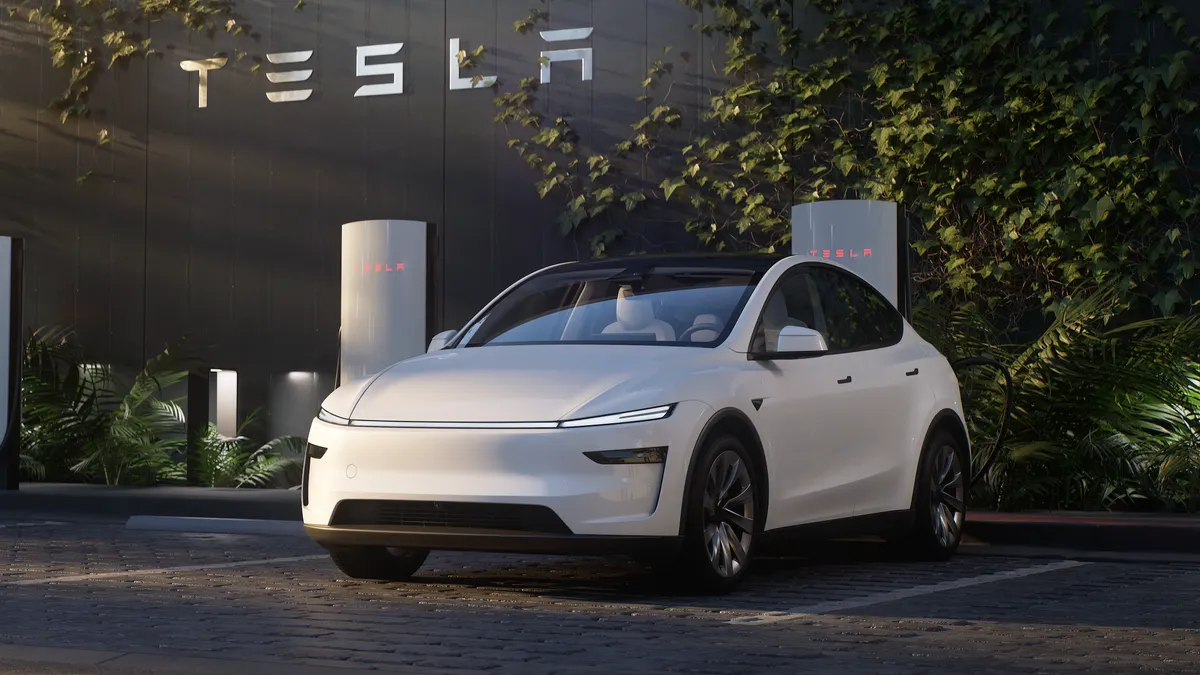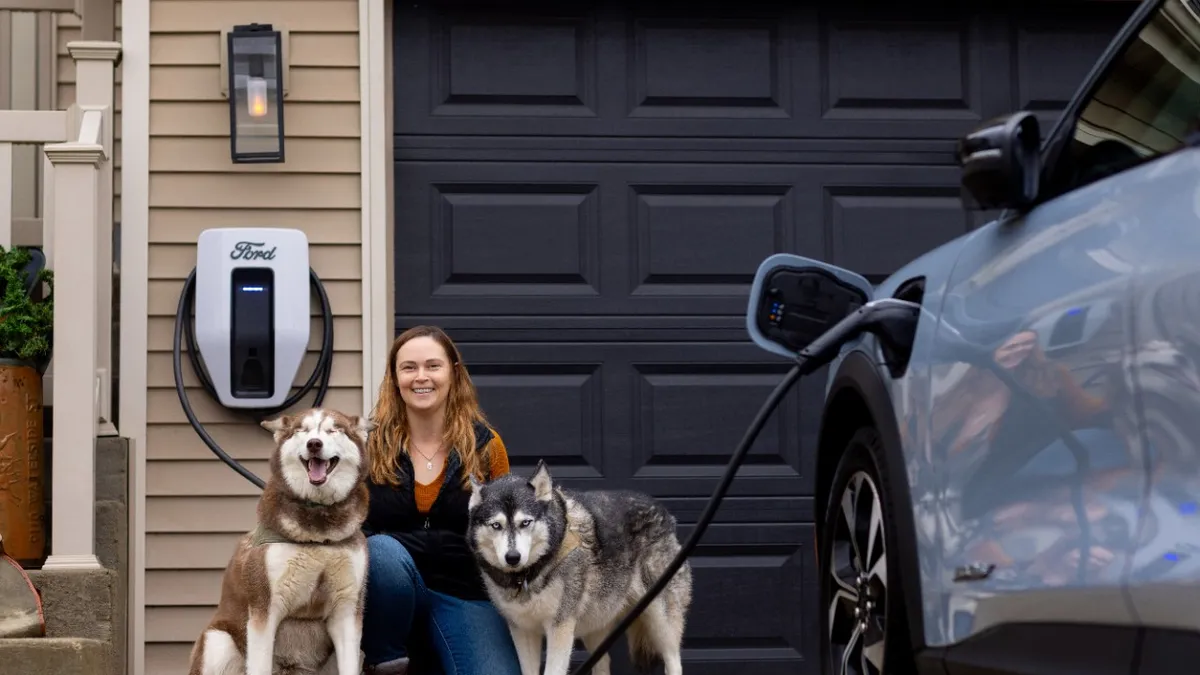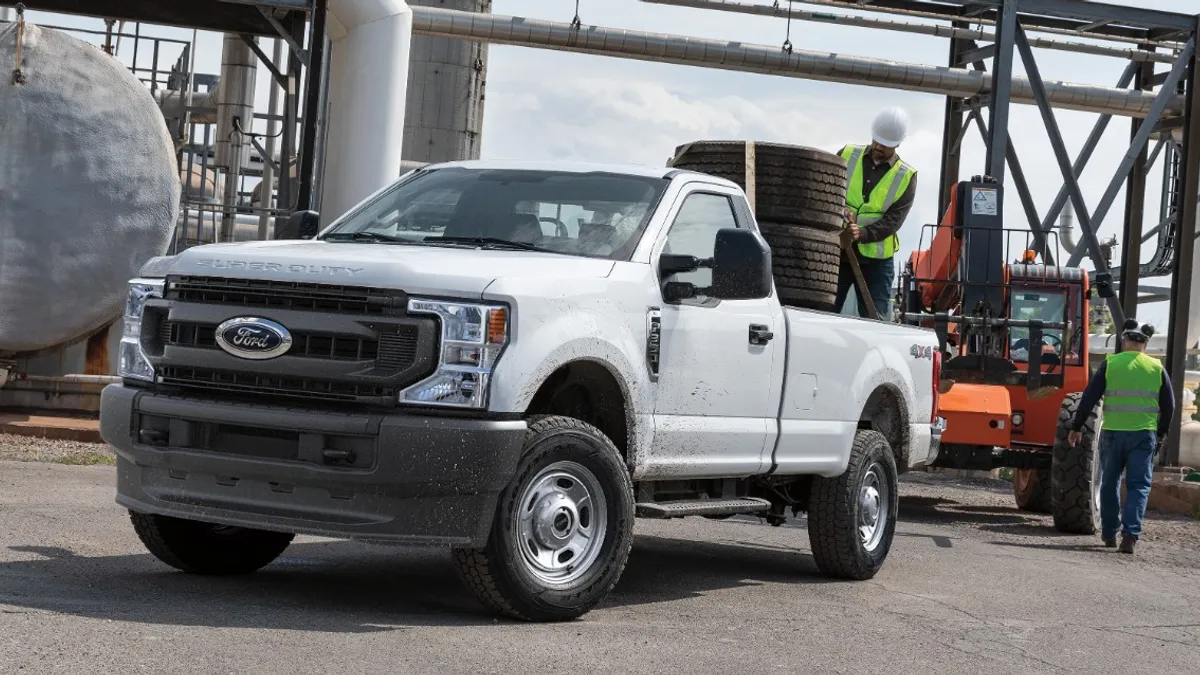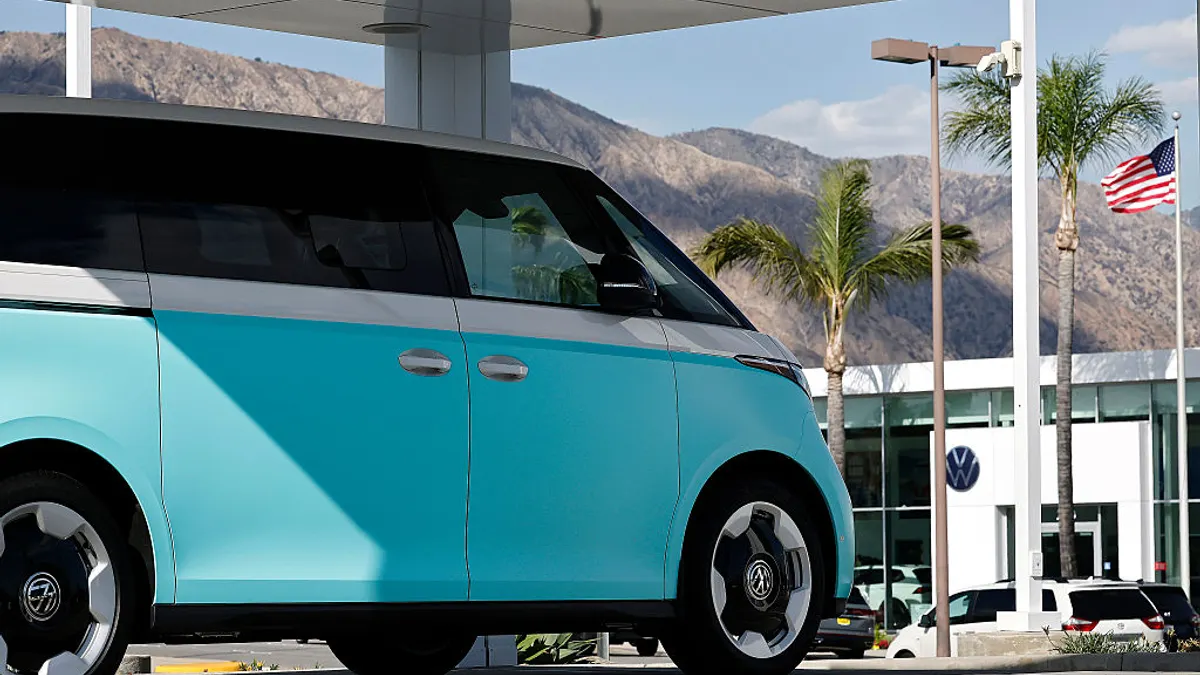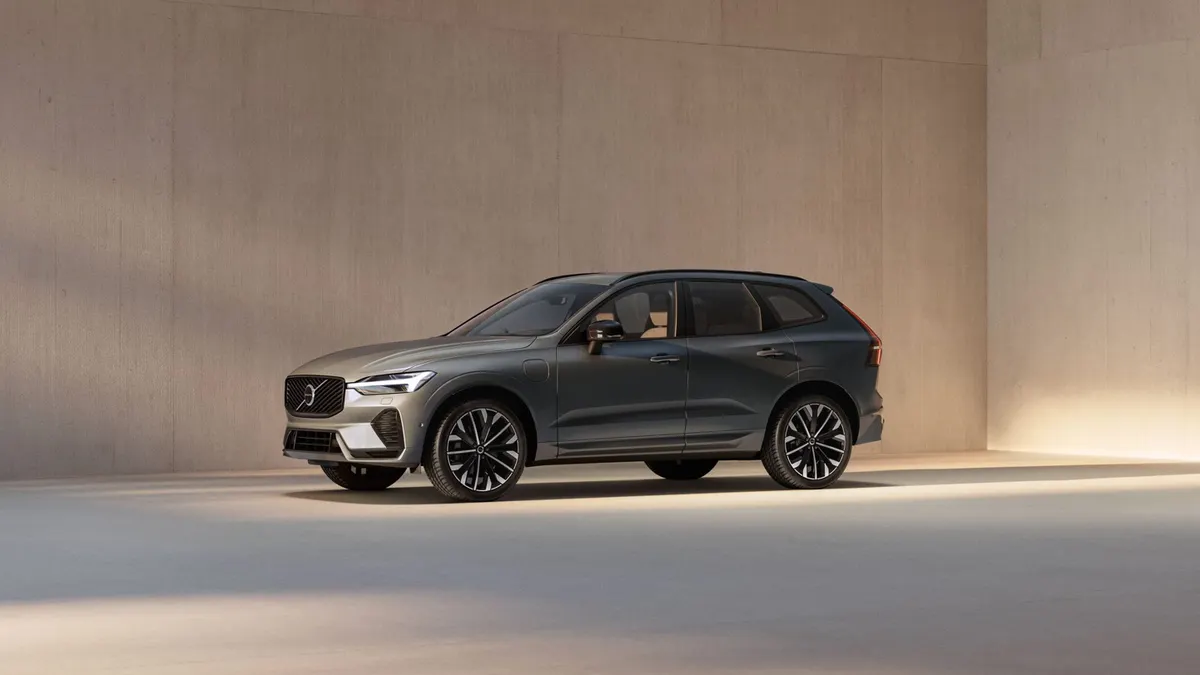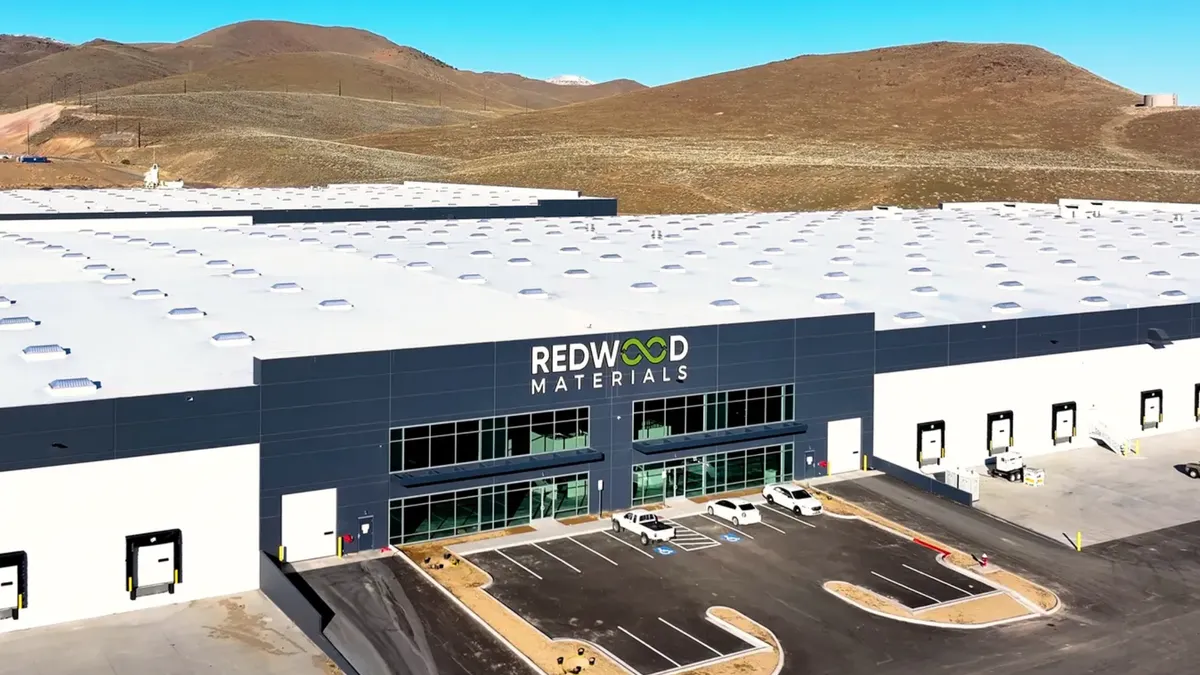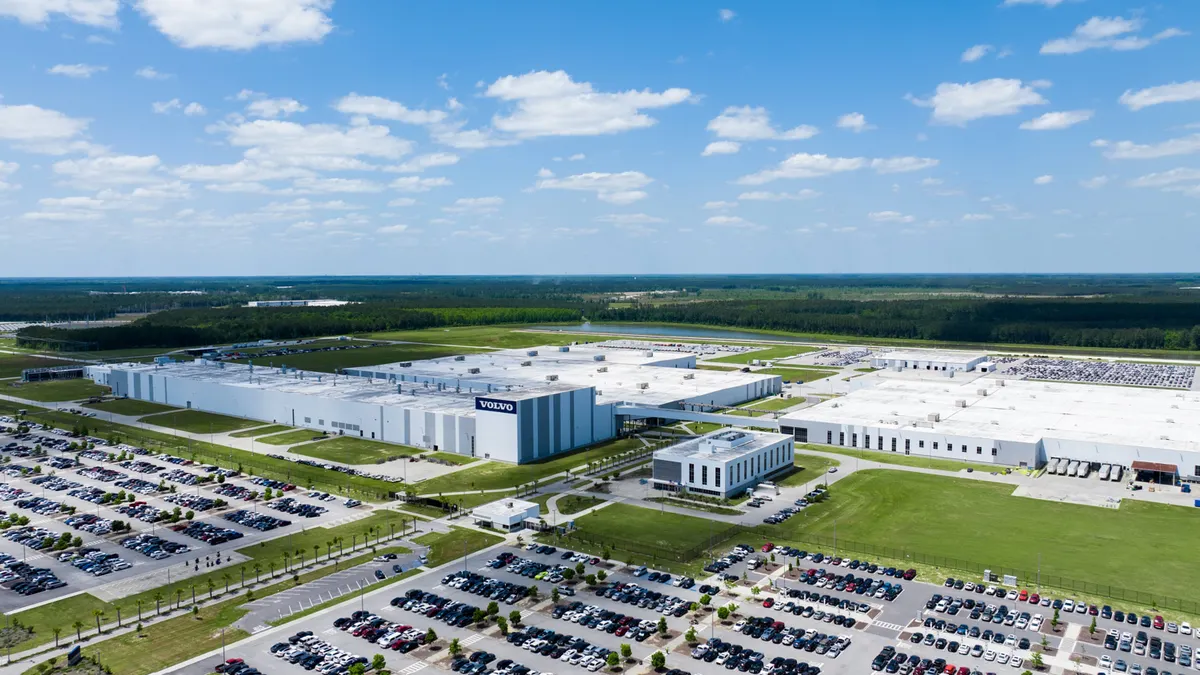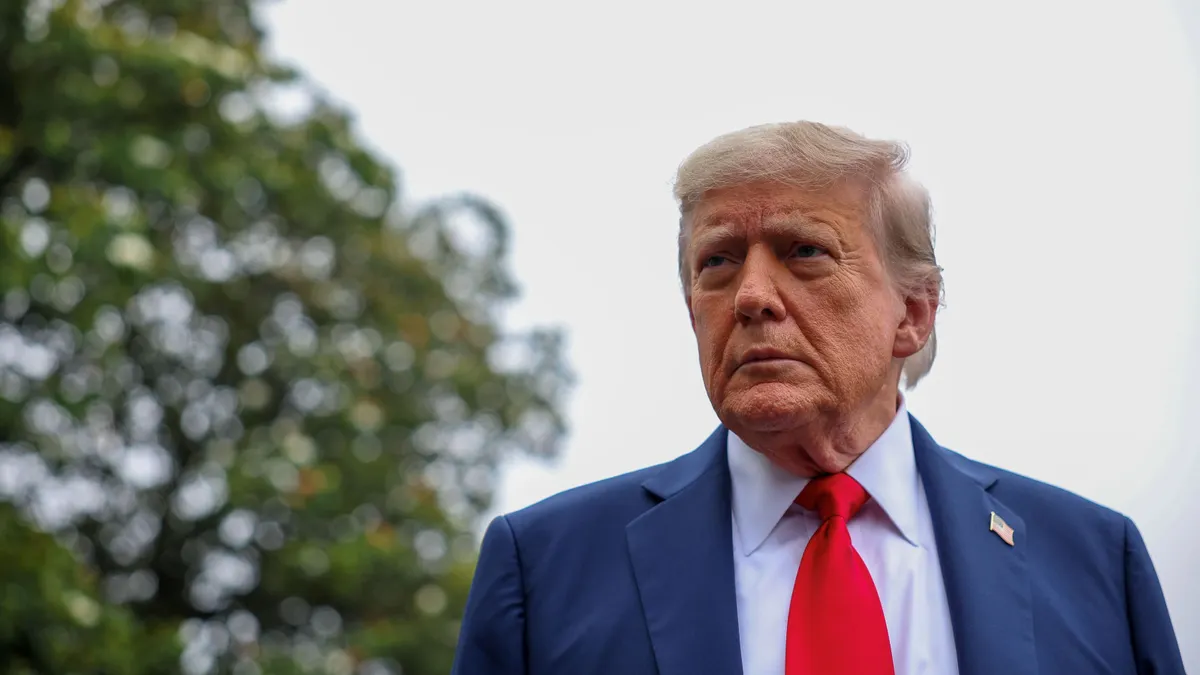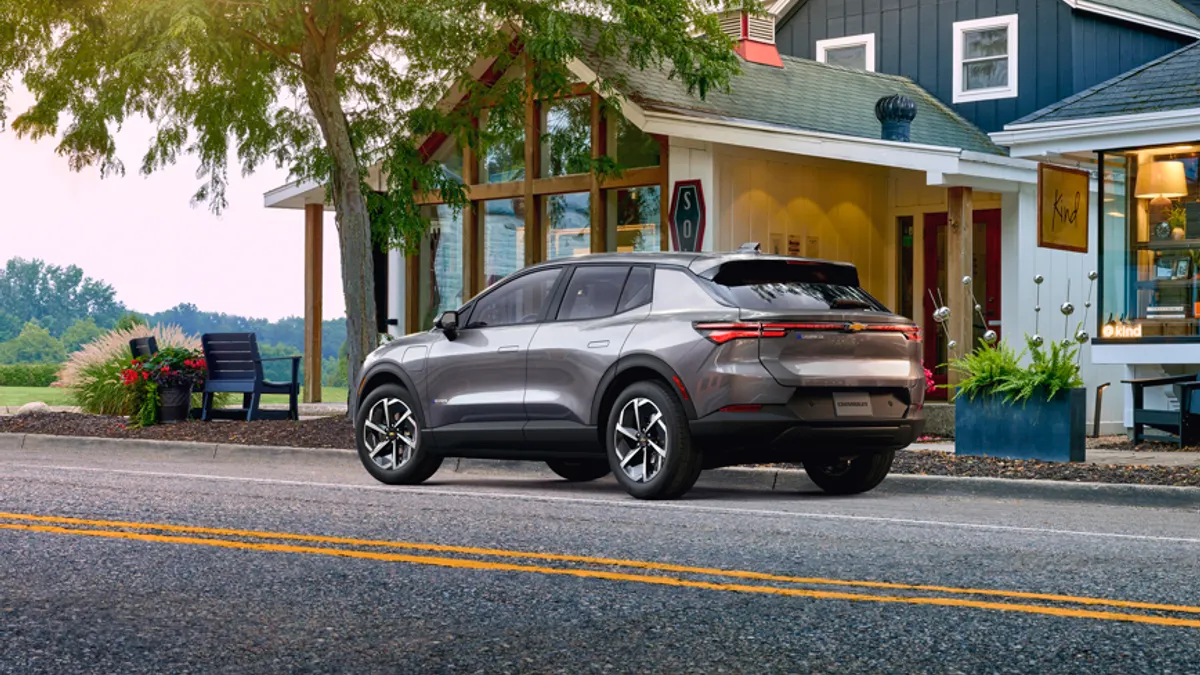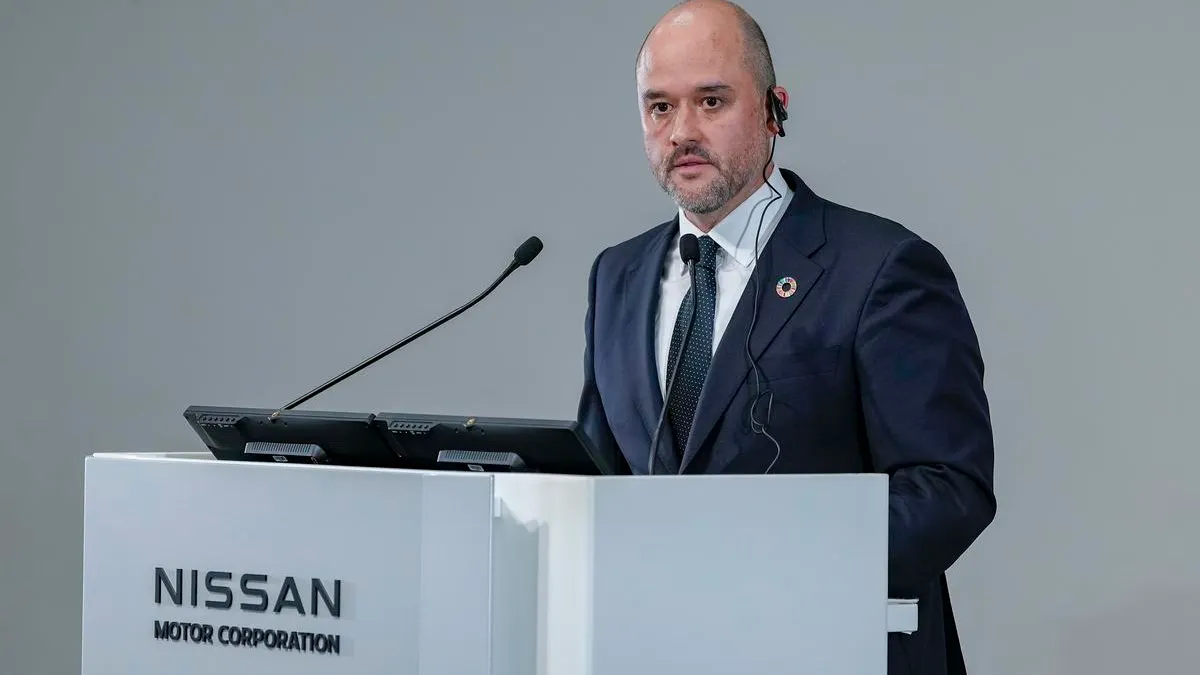Tesla’s year-over-year operating income plummeted 42% in Q2, from $1.6 billion to $923 million, the company reported on Wednesday. The automaker cited lower regulatory credit revenue, an increase in operating expenses driven by AI and other R&D projects, as well as a decline in vehicle deliveries.
Tesla’s automotive revenue also declined 16% in the quarter, from $19.8 billion to $16.6 billion, as its global EV sales continue to stall. The company’s Q2 net income also fell by 16% YoY, from $1.4 billion to $1.17 billion.
It’s Tesla third consecutive quarterly revenue decline. Tesla also reported a 71% YoY decline in net profit in Q1, which followed an 8% decline in Q4 revenue to close out 2024.
Earlier this month, Tesla reported Q2 global deliveries of 384,122 vehicles, a 13.5% YoY decline. Production totals, however, were relatively the same as last year for the EV maker, reaching 410,244 units in the quarter versus the 410,831 units that Tesla produced during the same period last year.
Although global production of the Model Y and Model 3 increased 3% YoY in Q2, production of the Model S, Model X and Cybertruck decreased by 45%. Tesla, however, does not break down the sales of individual models.
Tesla feels competitive crunch in both Europe and China
In Europe, Tesla is facing growing competition from legacy automakers and EV makers from China entering the EU market, including BYD. China is also the world’s largest exporter of EVs, according to the International Energy Agency. The country exported 1.25 million EVs last year, which is equal to 40% of all global exports.
During its earnings call, Tesla CEO Elon Musk said the sales slump in Europe is partially due to it not being approved to offer its supervised Full Self Driving automated driving feature, which is available to customers in the U.S.
“So our sales in Europe, we think, will improve significantly once we are able to give customers the same experience that they have in the U.S.,” Musk said.
But outside of Europe, Tesla is also dealing with slowing sales in China, which is the world’s largest auto market with the highest volume of EV sales globally.
BYD for example, is the top-selling brand in China, according to S&P Global, but now the company is aiming to grow its EV market share in Europe and other countries, including Mexico. S&P Global Mobility predicts that BYD will more than double its European EV sales in 2025 to 186,000 units, with volumes expected to double again to just under 400,000 units by 2029.
Outside of China, BYD’s rapid rise in Europe is increasing competitive pressure on Tesla in the region. Tesla’s EU sales in April were down 49% YoY, despite battery-electric vehicle sales in the region growing by 27.8%, according to Reuters.
“Competitors have used the brand's decline as an opportunity to catch up with its once-impressive credibility and appeal,” said Gabor Schreier, chief creative officer at Saffron Brand Consultants, in an emailed statement to Automotive Dive. “BYD has overtaken Tesla as the world’s largest electric vehicle manufacturer, and Volkswagen has sold more EVs in Europe than Tesla.”
Tesla is also facing growing competition in its home market from General Motors as the automaker continues to execute its ambitious EV rollout.
In the U.S. market, GM now has the second highest EV sales behind Tesla. The automaker’s EV sales were up 104% YoY in the first half of 2025, which reflects an estimated 13% market share in the U.S., according to its Q2 sales report. In Q2, GM’s YoY EV sales increased 111% to 46,280 units.
Musk's close involvement with the Trump administration as the head of the Department of Government Efficiency, along with some of his public statements on social media, has also resulted in a public backlash against the electric automaker in North America.
As tariffs tensions arose between the U.S. and Canada earlier this year as a result of Trump administration trade policies, a Canadian citizen launched a petition urging former Prime Minister Justin Trudeau to revoke Musk’s dual citizenship. The petition claimed that he engaged in activities that “go against the national interest of Canada.”
The petition, which was signed by over 230,000 people, said that attempts by Musk to “attack Canadian sovereignty must be addressed.” In response, Musk posted on his social media platform X to his tens of millions of followers that “Canada is not a real country.” Musk’s statement, which has since been deleted, coincided with a sharp decline in sales in Canada.
Automotive News Canada reported on July 11 that Tesla vehicle registrations fell by 67% in the country in the first half of 2025.
“The Tesla brand is definitely damaged, but I think it is masking the real issue, which is that the EV market has rapidly matured and Tesla is no longer the shining star in the pack of predominantly ICE manufacturers,” said Daniel Binns, global CEO at Elmwood Brand Consultancy, in an emailed statement to Automotive Dive.
But despite Tesla’s sales declines and controversies surrounding Musk, many investors are still betting on the company’s future, especially in the areas of AI, robotics, autonomous driving, robotaxis and its growing energy storage business.
Tesla’s stock price is down over 20% since Jan.1, but it's still up 40% from a year ago, which indicates ongoing investor confidence in the company despite its recent revenue declines. Musk however, remains optimistic that Tesla can recover.
“I do think if Tesla continues to execute well with vehicle autonomy and humanoid robot autonomy, it will be the most valuable company in the world,” said Musk on the earnings call.



